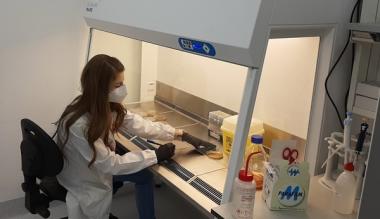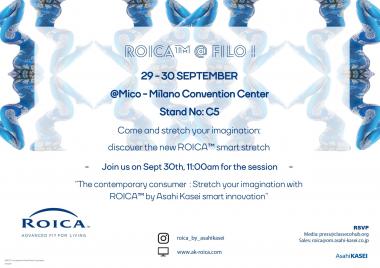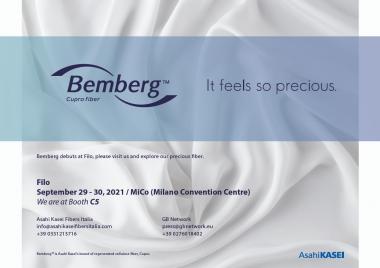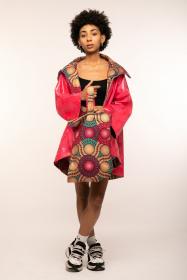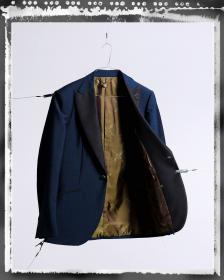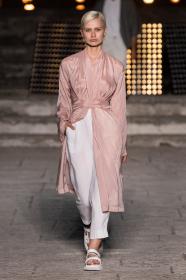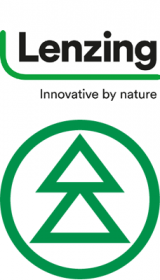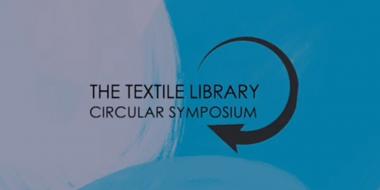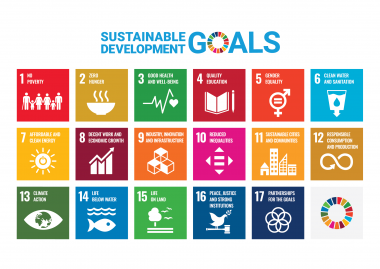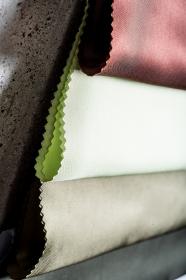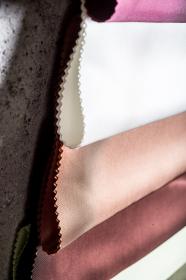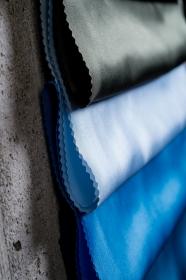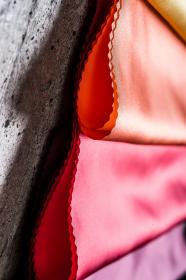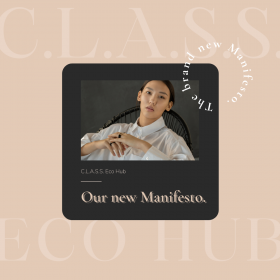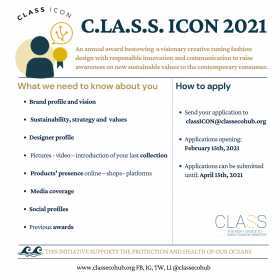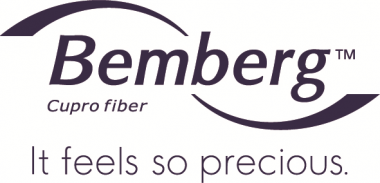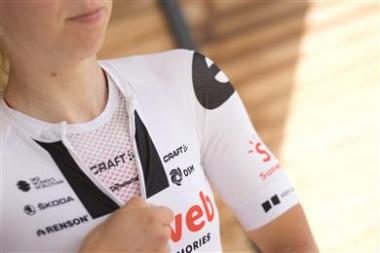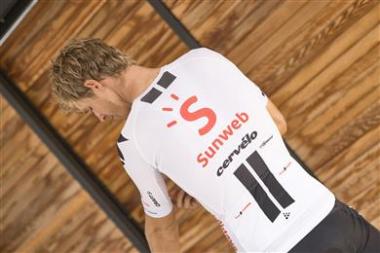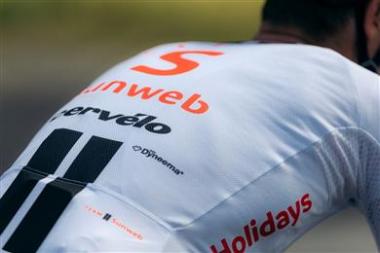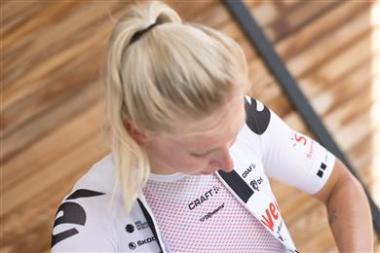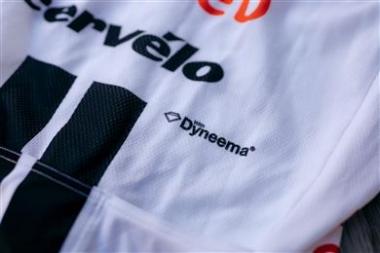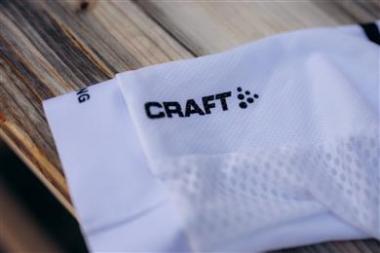Sarah Borghi: New Green Collection with a range of sustainable tights and stockings
For its 2021 Green Collection, the Italian luxury hosiery brand Sarah Borghi presents a broadened product offer in terms of colors and categories, meeting the needs of a stylish, yet sustainable consumer. By mixing fashion, quality, innovation and research, the tights and stockings powerhouse continues its development in the journey towards a conscious future.
The evolution of the Green Collection, the sustainable hosiery collection first launched in 2020, confirms the efforts of the brand in promoting a new generation of attractive fashion and design which actively encourages and supports a responsible change in culture and smart products offer.
Lately, a decisive step has been added to the brand’s history thanks to the publication of the Integrated Report by Gizeta Calze, Sarah Borghi’s top-notch producer and first Italian company in the hosiery sector to include sustainability throughout its business model. A commitment of responsibility and transparency on a path that has been carried on for years and that, today more than ever, becomes of the utmost importance, as stated by Luca Marzocchi, CEO of Gizeta Calze. The Integrated Report provides a complete view of the business strategy, operating model and governance, which combines financial information with sustainability insights, conceived as complementary to other strategies and, indeed, essential for increasing business value.
The collection
The collection presents a range of versatile, colorful products combined with extra-luxury comfort and designed for every type of woman: from seductive tights to everyday socks, together with knee- highs, up to athleisure with leggings.
The responsible collection features two new generation materials. One is Amni Soul Eco®, the world’s first biodegradable in anaerobic conditions polyamide 6.6 yarn that degrades in around 5 years* after disposing of in landfill, developed by SOLVAY and produced and distributed by FULGAR. The other is ROICA™ V550 by leading fiber manufacturer Asahi Kasei, a premium sustainable stretch yarn boasting the Gold Level Material Health Certificate by Cradle-to-Cradle Product Innovation Institute** as it has been evaluated for impact on human and environmental health. Moreover, it smartly breaks down without releasing harmful substances in the environment according to Hohenstein Environment Compatibility Certification. Key elements that makes ROICA™ V550 a precious choice when it comes to Circular Economy material approach.
Sarah Borghi / GB Network – for ROICA™









